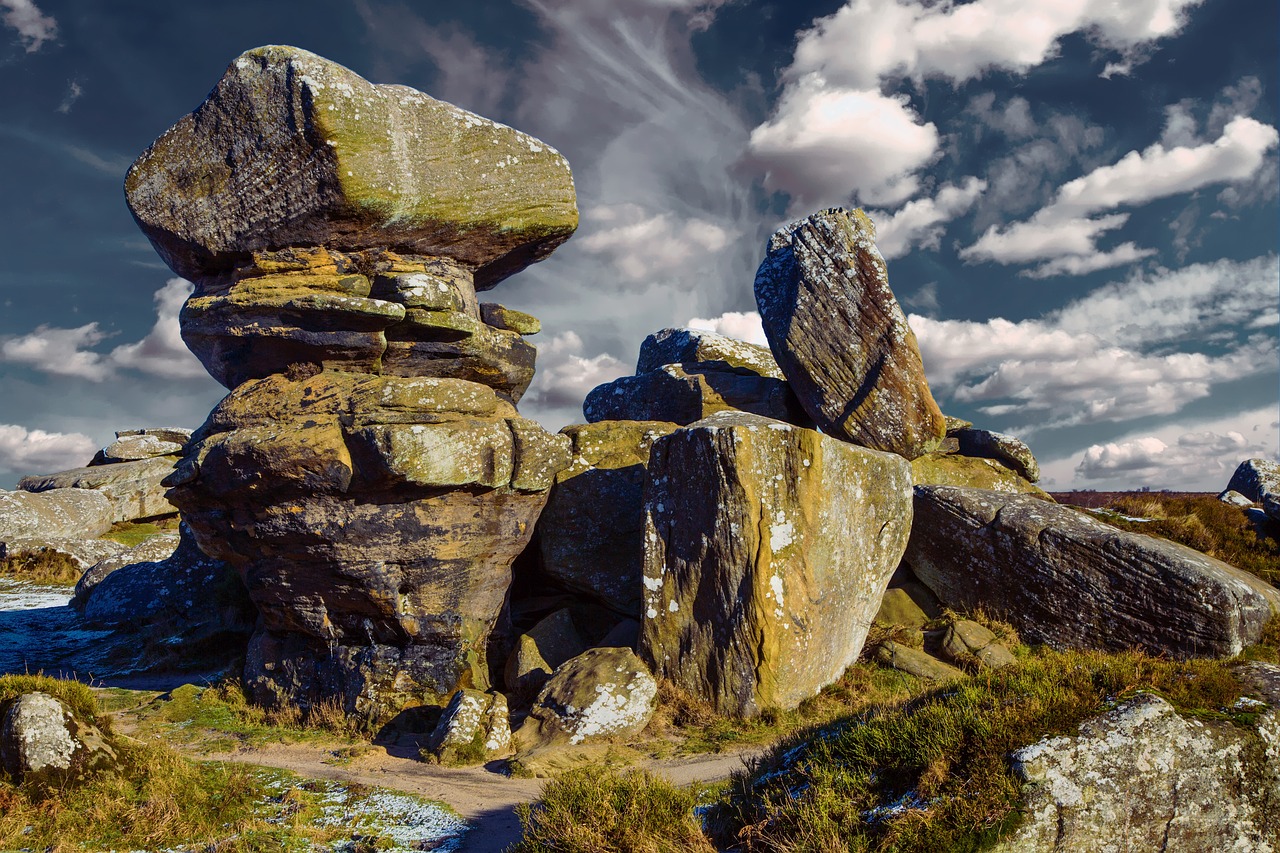Table of Contents
![]()
We now deliver preference. We are going to explore the vocabulary created to describe them as well as the many tastes of tea. From the conclusion of this guide, you are going to be armed to flavor tea.
You will need the tools before we start tasting. You are going to want teas, water (good quality, naturally – no tap water), a pot, teapot, and cups. Before you decide on your tools, let us take a little time to go over the differences between specialist tasting (or”cupping”) and the way you may opt to taste buds at the home.
Professional Tasting
Tea tasters use tools and a procedure. For starters, the huge majority of teas have been cupped in asphalt sets. After that, a taster will use water that’s too sexy, an excess leaf, and the tea for more than is suggested. By way of instance, whereas the recommendation to get a Green tea maybe 2g of tea for 2 oz of water in 180°F a taster steep it and can use 3g of tea! The target is to pull on every piece of odor, taste, and nuance in the foliage. Though the brew might or might not taste great, both negative and positive traits can be better identified by a palate when cupping tea in this manner. Tasters might vary in their approach, but the crucial component is uniformity. Should you cup teas nice, just ensure that your cup them all your comparisons or the same will probably be meaningless.
Casual Tasting
A tea drinker might want to have a simpler, more strategy. It’s still very important to choose, although your brewing equipment might vary. Leaf size and Shade are significant components to gauge on teas, therefore utilizing baskets and transparent or white glass cups are greatest.
Whether you choose to select a casual or skilled strategy, you need a scale or a teaspoon. There is a miscalculation okay when creating a tea to appreciate. However, accuracy is of extreme importance when preparing tea for a taster. Attempt to select teas that are of a comparable selection and grade (by way of instance, three BOP Ceylons). Confusion will be avoided by Possessing these teas tagged when decisions are reached. Steep all teas under the very same conditions (same quantity of time, water temperature and quantity). Please leave them since they will conceal if you take your tea with lemon, milk or sugar. You need the flavor of this tea.
Have a sink or sink nearby. In contrast to popular belief, tea tasters don’t drink the tea then they would be known as”tea drinkers” (and of course how they would be regular visitors of the restroom and also caffeine-crazed maniacs). They rely upon the senses registered from their sense of smell and their taste buds.
Now to the procedure. You will be lost as a fish dropped in the ocean if you do not understand what to search for through a tea tasting. We’ve got your compass.
Step 1:
Inspect the dry leaf
Start looking for uniform foliage size; the incidence of stem, twigs or excess particulate; feature rolling, open or curling foliage; appropriate color; appropriate “gloss” (suitable on certain teas e.g. Japanese steamed Greens); and odor.
Step 2:
Steep
Assess the foliage, simmer to the moment, and add water in the proper temperature.
Step 3:
Pour
If you are using a cupping set, tip the cup (with lid complete) on its side and place it to the bowl. It permits the tea and ought to rest. If you are using gear, remove or pour the tea out to prevent the process that is steeping.
Step 4:
Examine the moist leaf
Take the chance to take in the odor and look of this leaf Even though the tea cools somewhat. Among the set’s benefits is that you inhale the odor in form and can open the lid. This is an essential (and joyous) section of the cupping procedure. A whole lot can be told by A taster in the odor rising from the foliage. You also need to take this chance to inspect the foliage it has opened. Start looking for uniformity of leaf dimensions and color that is suitable.
Step 5:
Examine the spirits
Tea tasters refer to brewed tea which is the chance. Assess the odor. Inspect the shade, Flavor. A bit more about what to search for in a minute.
You can slurp from the cup if cupping. You might use a spoon to pull your sample out of the spirits if you’re cupping with clients or friends. We stated “slurp”, and we meant it! An expert taster will suck on the spirits in fast (and loudly) trying to “squirt” the tea to the mouth, hitting all regions of the tongue in addition to the base of the nasal cavity (bear in mind a fantastic part of flavor comes from the odor). The addition of the atmosphere frees the odor chemicals and cools the tea to not burn your mouth.
What to Search for:
- Does this have an enticing aroma? The nose may detect minute details which the mouth fails to detect and is more sensitive.
- Does the taste have depth? The lightest of White Teas must possess someone. Does this taste have endurance? Is there a glimpse of personality, or does the taste linger on the tongue?
- Think about the quality of taste? Can it be refreshing about the tip of your tongue, clear and defined?
You ought to have a notebook to record your impressions of this tea. Stay away from using words such as “great” or “gross”. All these won’t help teas features and are unspecific. Consider comparing the teas, if you’re at a loss for words. By way of instance, “grassy” is okay terminology (in actuality, it’s quite important – and not always damaging – way to explain a few green and oolong teas).
With experience, you will observe that the thickness of preference expands. By way of instance, the very first time you tried green tea, everything that you could taste was a “spinachy” taste. However, upon tastings nuances have been uncovered.
The most vital facet of tasting has not yet been discussed? Unless you’re currently seeking to work for a tea business, tasting aims to discover the cup to fulfill your palate. It’s an achievable goal, and also several tea memories will be made by the trip to discovery!
Share This




Be the first to comment